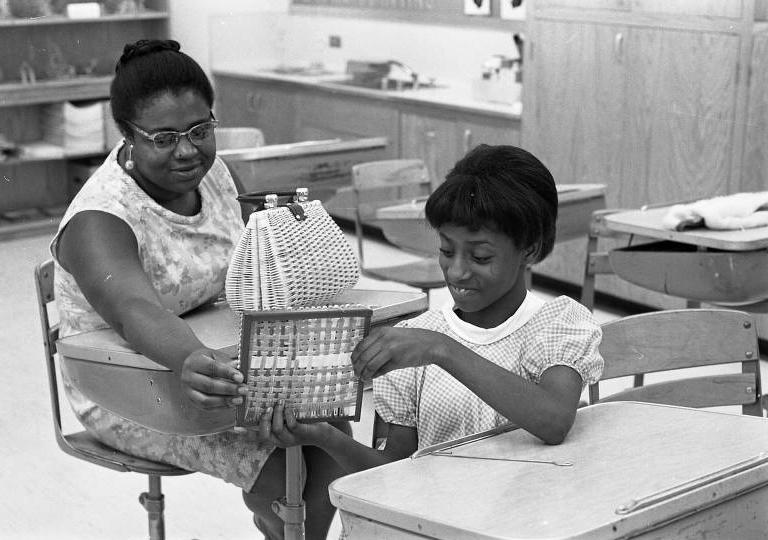Photo credit: Wikimedia Commons
Context:
A student-led movement in Bosnia and Herzegovina successfully defeated a government plan to segregate their school. The contagious nature of nonviolent movements may have contributed to their success.
In The News:
“Last year, high school students from Jajce, Bosnia and Herzegovina, successfully defeated a government plan to segregate their school. Now they are the recipients of a prestigious award for their courage and persistence. On Friday, the students were named winner of the 2018 Max van der Stoel Award — a $58,600 prize awarded by an international jury through the Organization for Security and Co-operation in Europe, or OSCE. The award is given every two years for outstanding achievements in promoting integration and social cohesion in OSCE countries. Beginning in the summer of 2016, the students in Jajce, a small town in central Bosnia, organized protests and creative actions in opposition to a plan by local government officials to divide high school students based on ethnic identity. The plan to create a new high school serving only Bosniak (Bosnian Muslim) students would further a policy called “Two Schools Under One Roof,” established after the end of the Bosnian War and still applied in over 50 schools across the country. The plan to segregate Jajce’s high school was condemned by students and local activists as a politically-motivated attempt to gain votes in an upcoming election, and would have entrenched existing institutional divisions among the younger generation.”
“Students of all backgrounds marched through the center of town carrying flags to represent all three ethno-national groups — Croatian, Serbian and Bosnian — living in Jajce, and began to speak publicly about their plan to organize resistance to the new school…Young people from around the country joined the Jajce students by holding rallies in their own towns, drawing nationwide attention to the continued practice of “two schools under one roof.” In June 2017, the government of the Central Bosnian Canton officially dropped the plan to segregate their high school — a resounding success for the small band of students who sparked a national conversation on the future of divided schools in Bosnia and Herzegovina.”
Insight from Peace Science:
Nonviolent methods spread between neighboring countries through a ‘spillover effect’. Although most research focuses on the country-country level, nonviolence is contagious because it works. Due to the high success rate of nonviolent movements, we can expect the same contagious “spillover” at the micro (community) level as we do at the macro (country) level.
- Local onset of nonviolent campaigns is more likely when there is a greater amount of nonviolent mobilization globally.
- Examples of foreign nonviolence provide a vital spark to ignite domestic nonviolent campaigns.
References:
- “Bosnian students who fought school segregation win prestigious award” By Sarah Freeman-Woolpert for Waging Nonviolence. July 24, 2018
- Peace Science Digest Vol 1, Issue 2: “Contagious Nonviolence”

